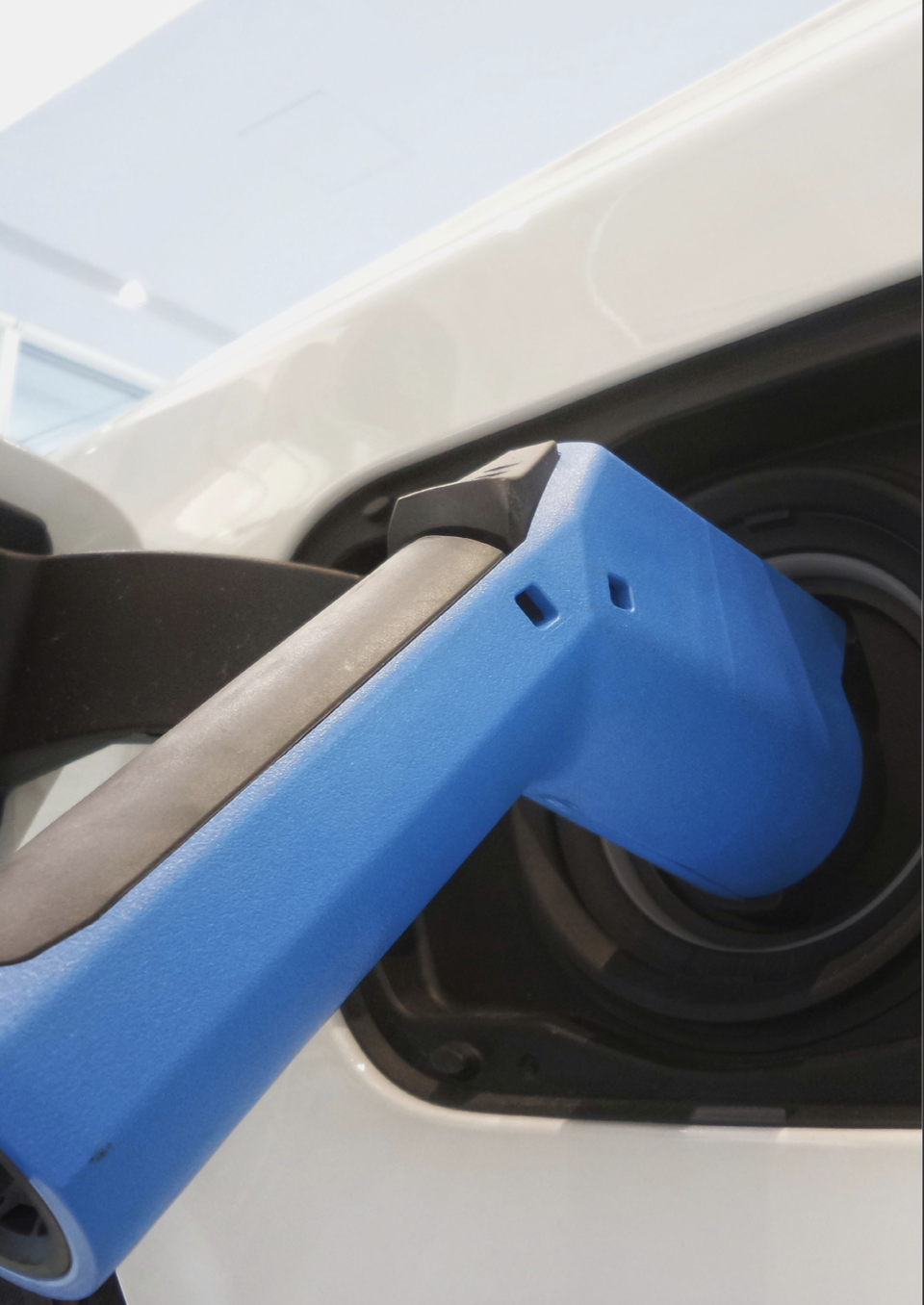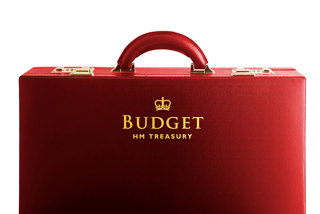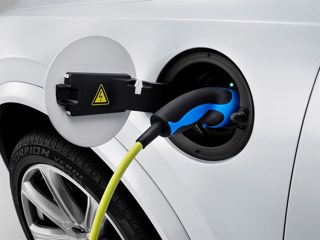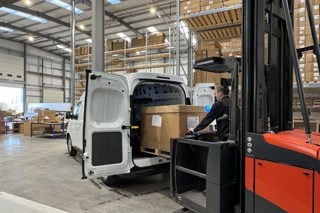VWFS Fleet is urging the government to provide clarity on benefit-in-kind (BiK) rates after 2025, as 83% of fleet operators said the uncertainty could impact their uptake of electric cars.
It follows the launch of a campaign by the BVRLA to persuade the Government to keep benefit-in-kind (BIK) tax rates low for electric company cars.
The Association of the Fleet Professionals (AFP) has also voiced its concerns that businesses and employees have no indication of what the BiK rate for electric cars will be for 2025-26 and beyond.
Emma Loveday, senior fleet consultant at VWFS Fleet, said: “The lack of clarity over BiK rates is clearly a significant issue for company car drivers and fleet operators.
“If you’re looking to take on an EV as a company car now, you won’t know what tax you’ll be paying on it in 2025, and this worry will only increase as we get closer to that date. Employees want certainty on what they’ll be paying now, and in the future, especially in the current economic climate with the cost of living crisis being a major conern for many.
“ With the plug-in grant for cars abruptly ending in June this year, and the £350 home charger grant also being withdrawn at the end of March, financial incentives to transition to electric are being removed, so the sooner we get clarity on BiK rates, the better .”
In the past three years, BiK tax was cut from 16% in 2019/20 to 0% in 2020/21 for electric vehicles (EVs). The rate was then raised to 1% in 2021/22, then climbed again to 2% in the current tax year (2022/23). The rate is frozen at 2% until 2025.
VWFS Fleet said the original cut to 0% and low rates over the past couple of years have been a “huge incentive” for company car drivers to switch to EVs, which is crucial if the UK is to hit the Government target of 2030 to stop the sale of internal combustion engines.





















Login to comment
Comments
No comments have been made yet.